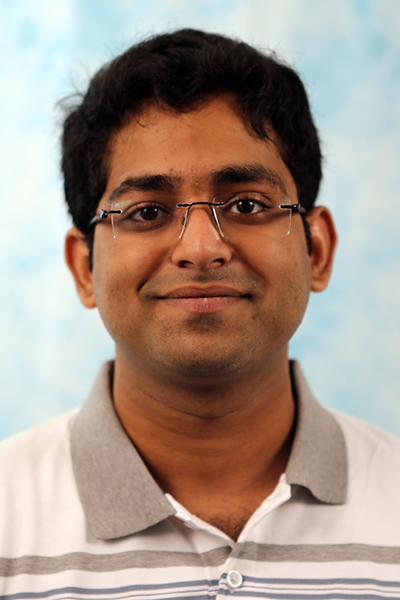
Abstract:
Optical interferometry is the measurement of small, sub-wavelength distances by exploiting the wave nature of light. Due to its capability to resolve micron-scale displacements, it has found widespread applications in biomedical imaging, industrial fabrication, physics, and astrophysics. In this thesis, we introduce a set of techniques we call computational interferometry, that bring the benefits of the micron resolution of interferometry to computational light transport. We do this by modifying the illumination used in the interferometer to have arbitrary, controllable spatial and temporal coherence properties. We develop a general theory of interferometry with such illumination to show how to selectively measure specific subsets of light paths in a scene based on their endpoints and path lengths, an operation called probing. We then design and implement prototype hardware systems to create such illumination and demonstrate microscopic, spatio-temporal probing. Finally, we specialize our hardware system to demonstrate two interesting capabilities: fast micron-scale 3D shape acquisition and passive transient imaging under near-directional lighting.
Thesis Committee Members:
Ioannis Gkioulekas, Chair
John Galeotti
Aswin Sankaranarayanan
Kiriakos Kutulakos, University of Toronto
